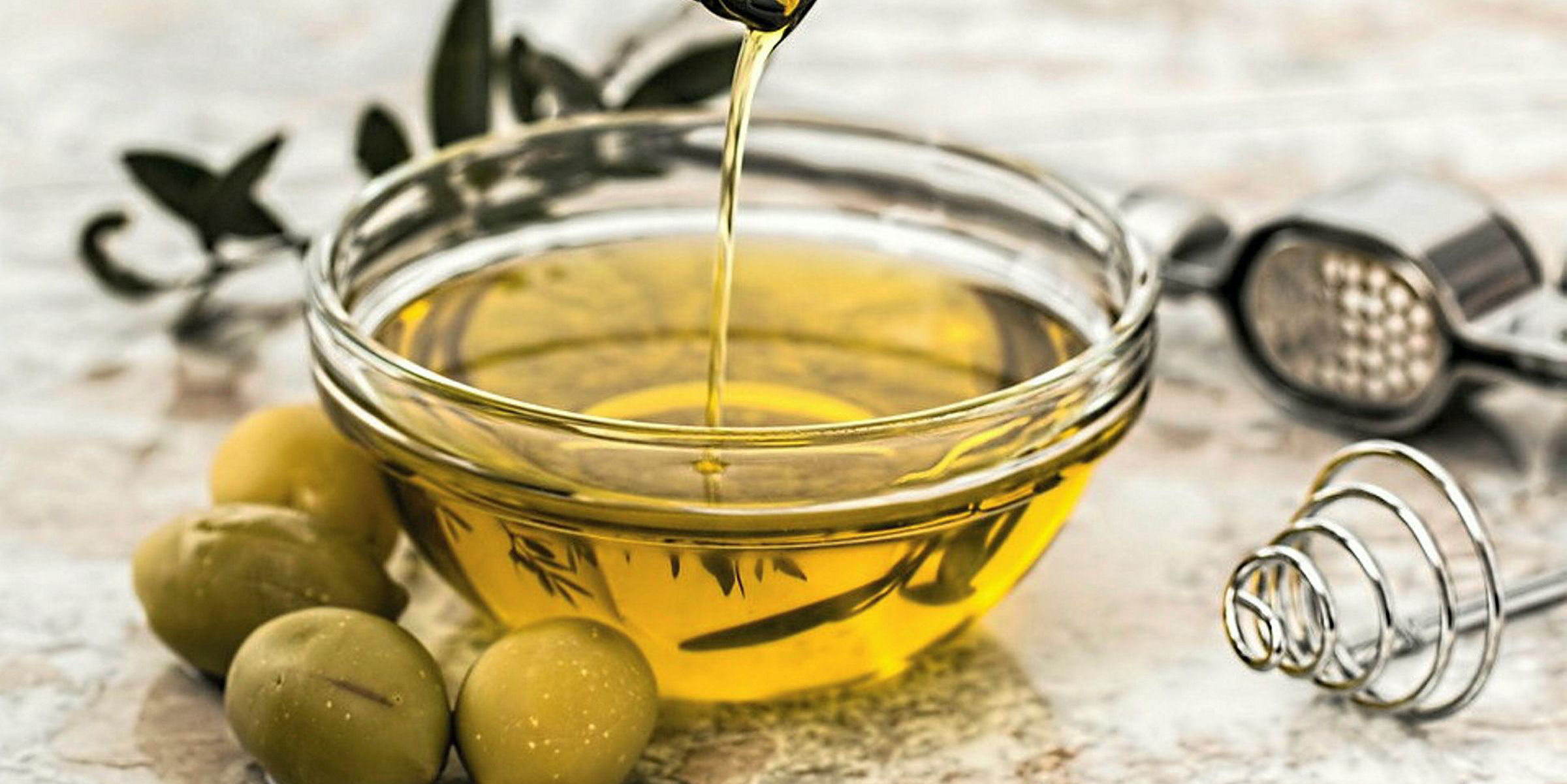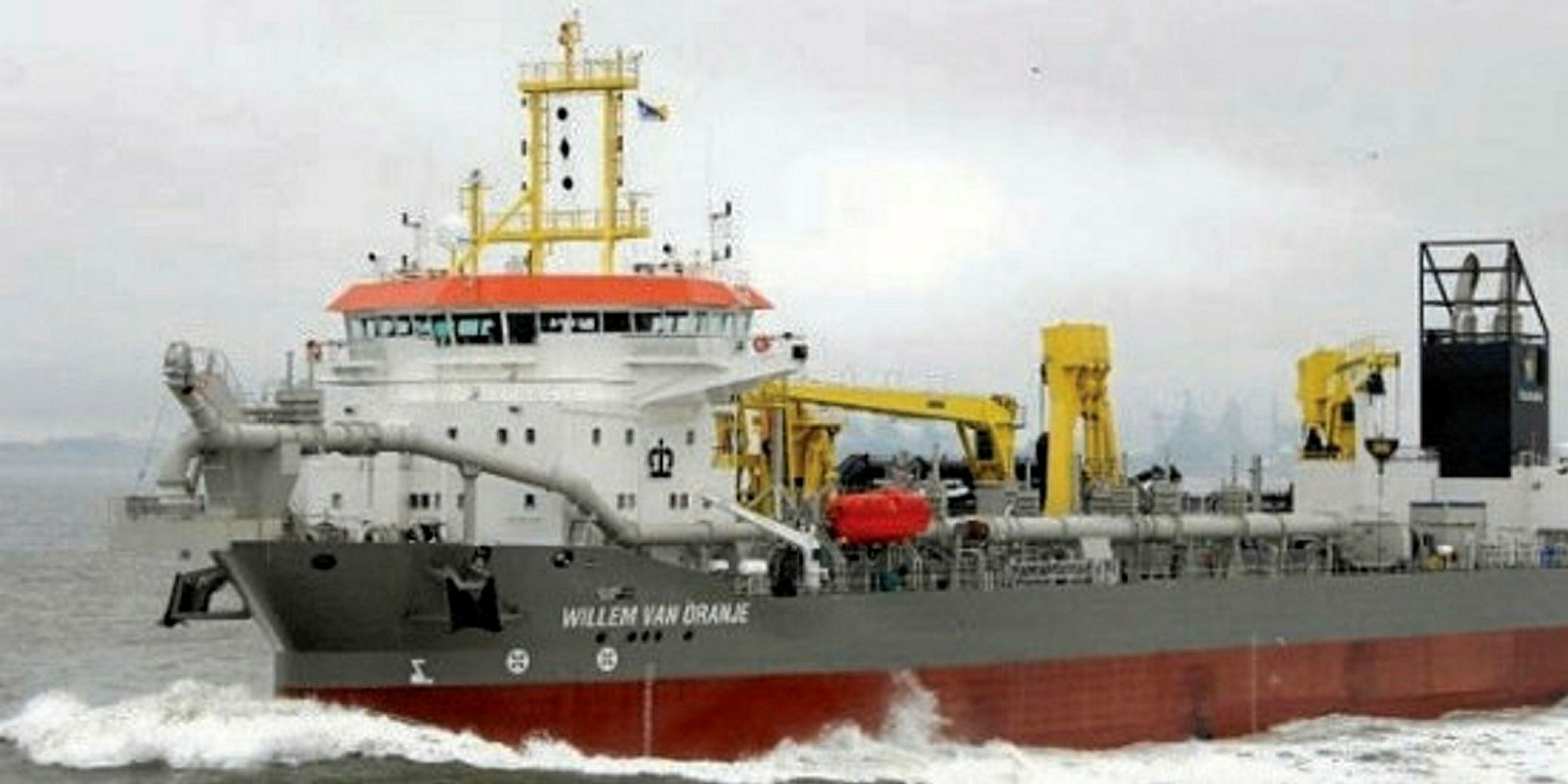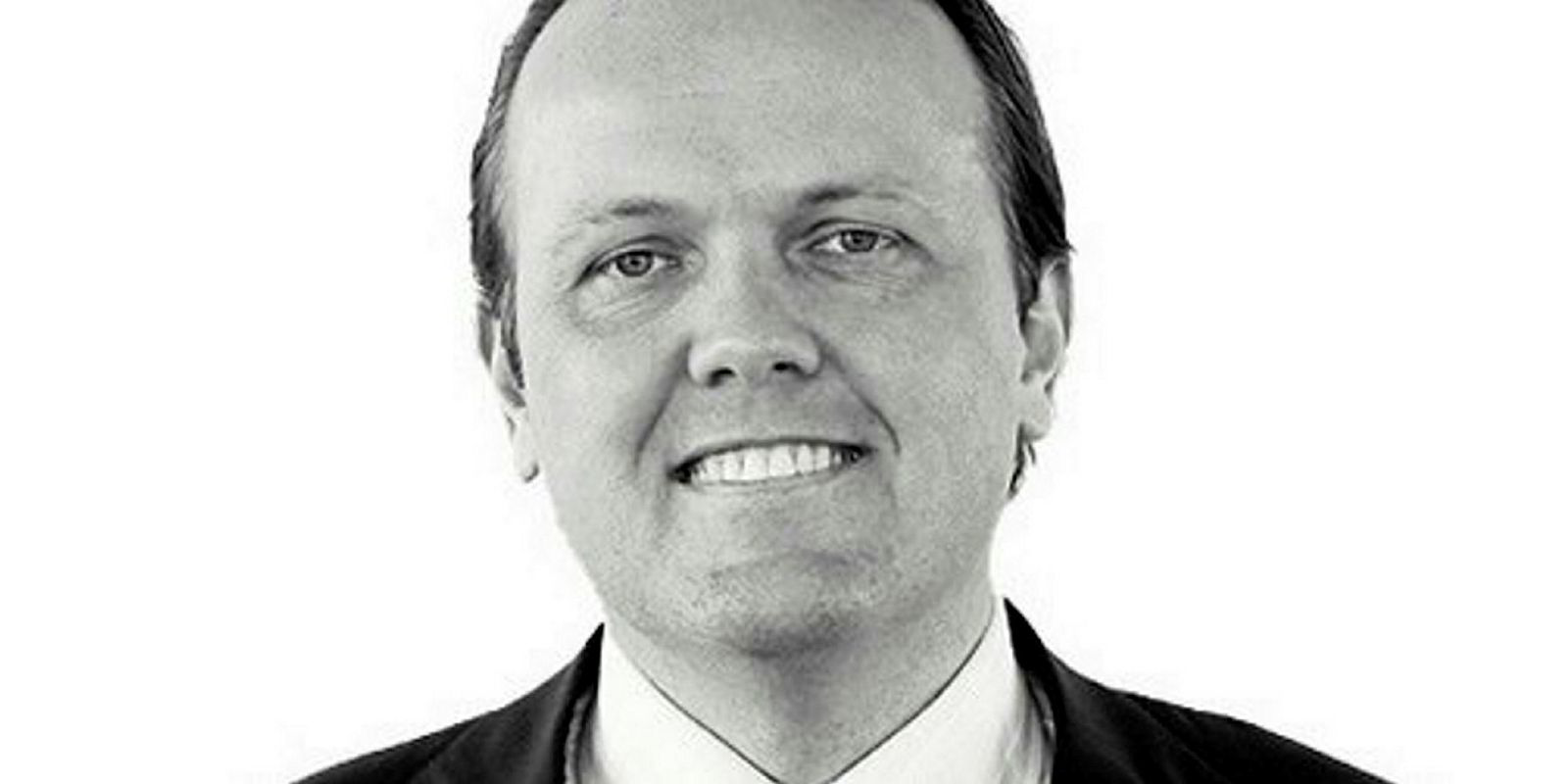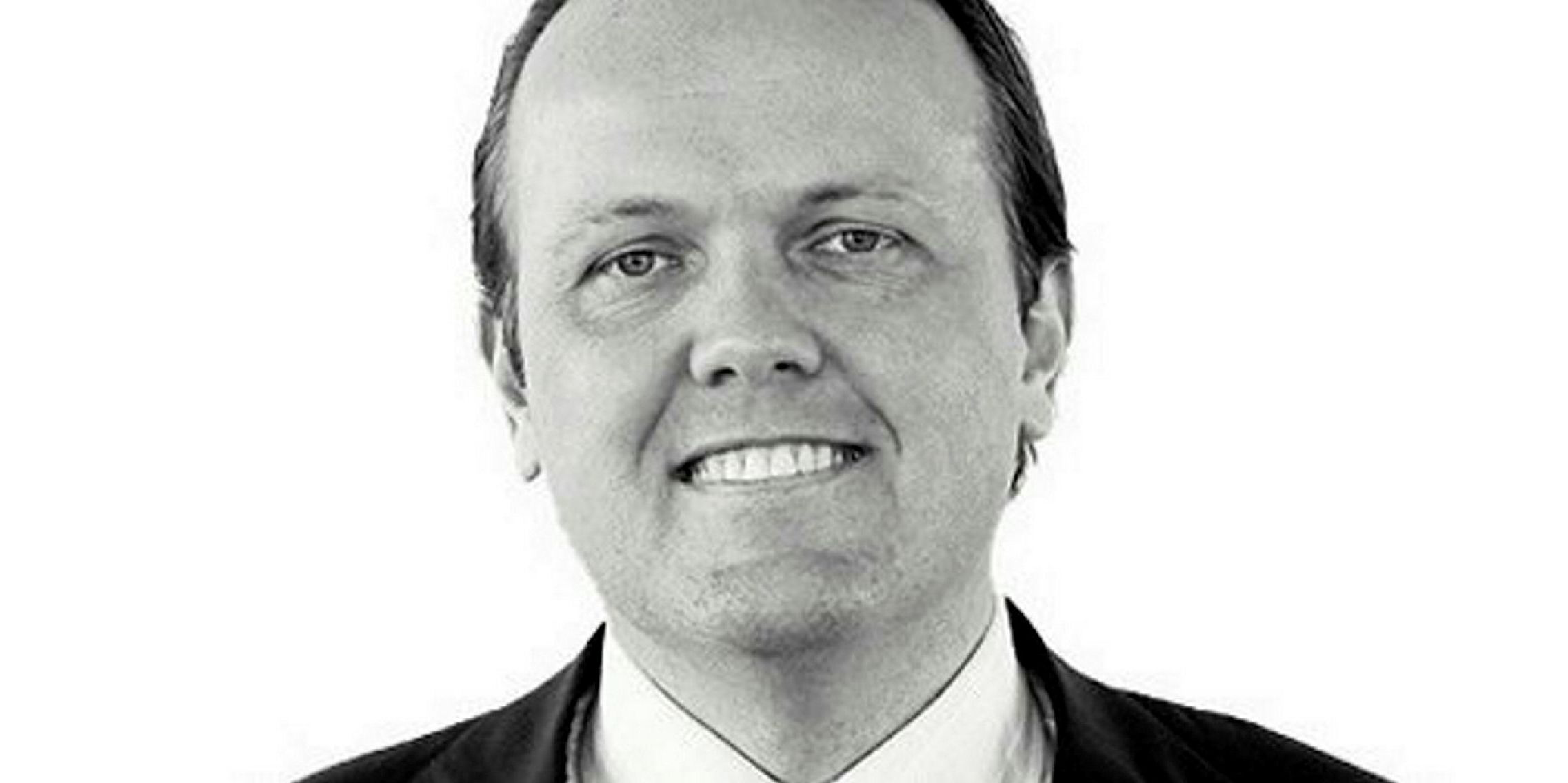Dutch biomass technology group BTG is to set up the world's first refinery to produce marine biofuels based on crude pyroysis oil.
The test facility will be operated by a new company named BTG-neXt, in collaboration with Dutch biofuels producer GoodFuels, which will market the bunkers.
In the first phase, BTG-neXt will focus on building a pilot refinery for converting pyrolysis oil into 100% sustainable marine biodiesel for ships.
Pyrolysis oil is made from biomass-based residues such as sawdust and roadside grass cuttings and is a sustainable alternative for replacing fossil fuels.
The pilot refinery has a planned production capacity of a modest 1,000 tons of advanced marine fuel per year.
But there are plans to scale up to potentially hundreds of thousands of tons per year.
Rene Venendaal, CEO of BTG, said: “This initial capacity is sufficient to demonstrate that the technology works and will serve as a basis for further scaling up our operations”.
The plant will require a "six-figure investment", he added.
GoodFuels eyes investment
GoodFuels is exploring the possibility of a collective investment in the demonstration plant.
CEO Dirk Kronemijer added: “Over the last five years, GoodFuels has laid out a clear pathway for the use of biofuels in the shipping sector.
"Together with partners such as Boskalis Loodswezen, Port of Rotterdam, Norden, Jan de Nul and its portfolio of GoodShipping A-Brand clients we have shown that these fuels will play an essential role in making shipping more sustainable.
"Crucially, the next step is to scale up the processes without making any concessions in terms of the sustainability of the feedstocks used. BTG’s initiative meets all the success criteria, and we are very proud to work together with BTG to introduce this highly significant innovative technology in the Netherlands.”
BTG wants to build the new plant as close to home as possible. The ports of Rotterdam and Eemshaven are the locations being considered.
Kronemeijer said: “Rotterdam would be our preferred location as most of our shipping clients are active here. In addition, Rotterdam offers a great many opportunities for further integration due to the significant existing infrastructure already in place there.”
BTG's roots go back to the Faculty of Chemical Technology at the University of Twente.







